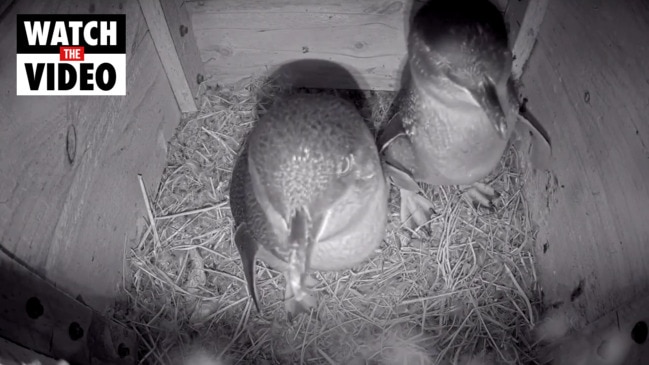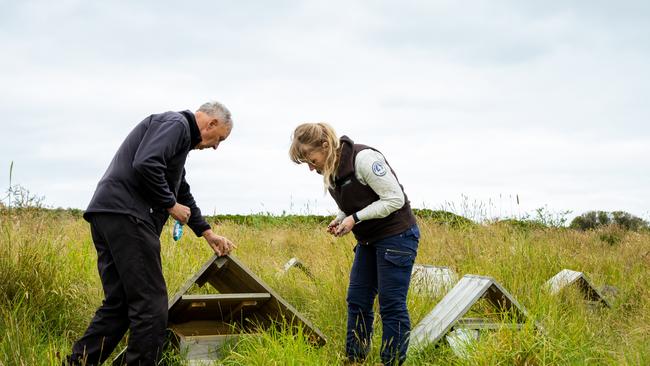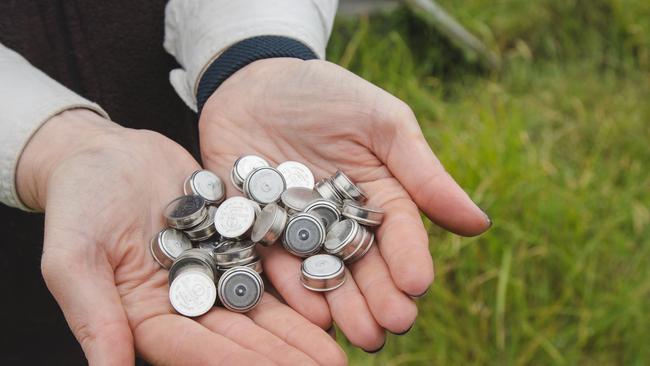Phillip Island Nature Parks: Penguins dying of heat stroke, dehydration as temperatures rise
Several hundred penguins died during hot weather on Phillip Island as new research aims to protect the species from climate change.

Bass Coast News
Don't miss out on the headlines from Bass Coast News. Followed categories will be added to My News.
Several hundred penguins died during hot weather on Phillip Island as new research aims to protect the species from climate change.
A group of scientists from Nature Parks and Latrobe University are researching the fatal impacts of extreme weather after the greatest heat-related loss was recorded in 2019.
Dr Peter Dann is leading the research and hopes the data will help better protect the penguins from disastrous consequences.
“Climate change means we are seeing more extreme weather and more frequent heatwaves, and this becomes an issue for penguins on land during moulting season,” he said.

Throughout the moulting season from February to April, penguins are susceptible to heat stress and dehydration which can eventually lead to organ failure.
For 17 days the penguins stay in their burrow during a “catastrophic moult” where they almost double their body weight and heat up further due to the energy required and their increased body fat.
“Little penguins’ bodies can go into meltdown when the temperature in their burrow reaches 35 degrees or higher,” Dr Dann said.
Warmer temperatures have also impacted their food supply, Dr Dann said, as penguins are forced to travel further to catch fish in cooler water.
As a result, 150 loggers have been placed in the Summerland Peninsula which records the temperature and humidity across different habitats every 30 minutes.


Using the data, scientists will place artificial burrows in the cooler areas and bolster native vegetation to keep penguins cool in the warmer months.
“Changing vegetation can impact the microclimate of the penguin breeding area and will provide a refuge for penguins. It’s a slow process, with mostly new birds using the new burrows that will be placed in the cooler areas, but we’re confident it will make a difference,” Dr Dann said.
The heat mapping, funded by a $25,000 grant to the Penguin Foundation from QBE, is in the second stage of work and will finish at the end of April.
Jon Fox, QBE Foundation co-chair said the project raised awareness of climate change and would help people understand how to “deal with increased heat stress”.
The results will be ready later this year.




